‘Rite Idea: The Kuehnle Documents
The Shakerite received Former Principal Jonathan Kuehnle’s Shaker personnel file before other local news outlets — here’s why we didn’t publish what we found
Former Principal Jonathan Kuehnle’s office sits unoccupied Jan. 10, just over two months after he was placed on leave. Kuehnle signed an agreement with the district Jan. 9, stating he would work for the district remotely for the remainder of his contract.
At 5:38 p.m. on March 20, WKYC Channel 3 news published excerpts of former Principal Jonathan Kuehnle’s Shaker personnel file that explained his position change at the high school.
To obtain his personnel file, WKYC made a records request under the Ohio Public Records Act. Personnel files of public school employees are public under Ohio law. According to WKYC, they made the request Feb. 20.
The Shakerite also requested Kuehnle’s personnel file, among other documents, Dec. 31, 2018. Under Ohio law, the district was required to release the requested information “within a reasonable period of time.” The Shakerite requested that the district provide the records or offer reasons why they could not within 10 business days. The district released Kuehnle’s file to The Shakerite Feb. 11.
The Shakerite received the personnel file, which included an email from Assistant Principal Sara Chengelis enumerating more than 20 examples of Kuehnle’s behavior, nine days before WKYC requested it and more than a month before any story was published on the matter.
The Shakerite Editorial Board decided not to publish the information in Chengelis’ email for three reasons.
The records given to The Shakerite Feb. 11 by the district were required to include only the contents of Kuehnle’s file on Dec. 31 ‒ any documents placed in the file after Dec. 31 were allowed to be omitted under public records law. The file on and before Dec. 31 lacked a crucial update. It did not contain the written agreement between Kuehnle and district stipulating the following: he would resign at the conclusion of his contract June 30; neither side would pursue legal action against the other; Kuehnle would be eligible to collect unemployment benefits after his contract expired; and Kuehnle would not be subject to any disciplinary action.
This agreement was added to Kuehnle’s personnel file on or after Jan. 9 and thus was not included among the documents the district eventually provided in response to our Dec. 31 request. The district did include the agreement in documents provided Feb. 20 to WKYC and, evidently, the Cleveland Jewish News, which published Chengelis’ email in its entirety as a PDF file.
We did not request Kuehnle’s file again after receiving it Feb. 11. We did request any documents concerning an investigation of Kuehnle, which were also absent from the personnel file. Treasurer Bryan Christman, the district’s designated recipient for public records requests, told The Shakerite that the investigation was conducted by a third party and thus the district holds no records of it.
Without these two additions to the documents we received, the only information we might have published would have been excerpted from Chengelis’ email, which claimed that Kuehnle’s actions “irreparably damaged the relationships with stakeholders including other administrators and counselors, the teachers, parents, and most importantly students.”
The district has refused, and continues to refuse, to provide any information about why Kuehnle was removed from his post. There are no documents confirming that the complaints led to Kuehnle’s reassignment. The Shakerite consulted an attorney at the Student Press Law Center, who agreed that we would be wise to wait before publishing such allegations until we had evidence that the district was investigating or disciplining an employee as a result. Because we failed to request Kuehnle’s personnel file once again to ensure we received the most recent contents, we had no such evidence.
A parallel can be drawn to the complaints filed against English teacher Jody Podl last fall. We only felt comfortable publishing what had been investigated and concluded to be true or false. In Kuehnle’s case, his personnel file lacked any evidence of an investigation. We know now that the investigation was never concluded because of the Jan. 9 agreement.
Aside from legal concerns, the Editorial Board also had to consider whether or not releasing such information would contribute anything valuable to the situation.
Kuehnle was removed from the high school Nov. 1, three days after Chengelis sent the email to Wilkins. Kuehnle did not return to the building, and although his contract was not terminated — for reasons we still do not know — he was no longer around students or teachers. The concerns enumerated in Chengelis’ email alleged inappropriate actions and comments to students and staff, and Kuehnle was no longer in a position to interact with either.
Yes, if we had published the information, it would have informed the community. But, to what end? Now that the email has been published, students are making jokes about its contents. It’s distracting, and it makes a mockery of a serious situation ‒ a situation that is painful for those involved.
The main result of publishing what we had received Feb. 11 would have been shock value and page views, which hold little value for unpaid student journalists. We aim to provide information that will help the community, not hurt it. The Shakerite employed the same principle in this situation, and we aim to continue employing it in future decisions about what to publish and when.

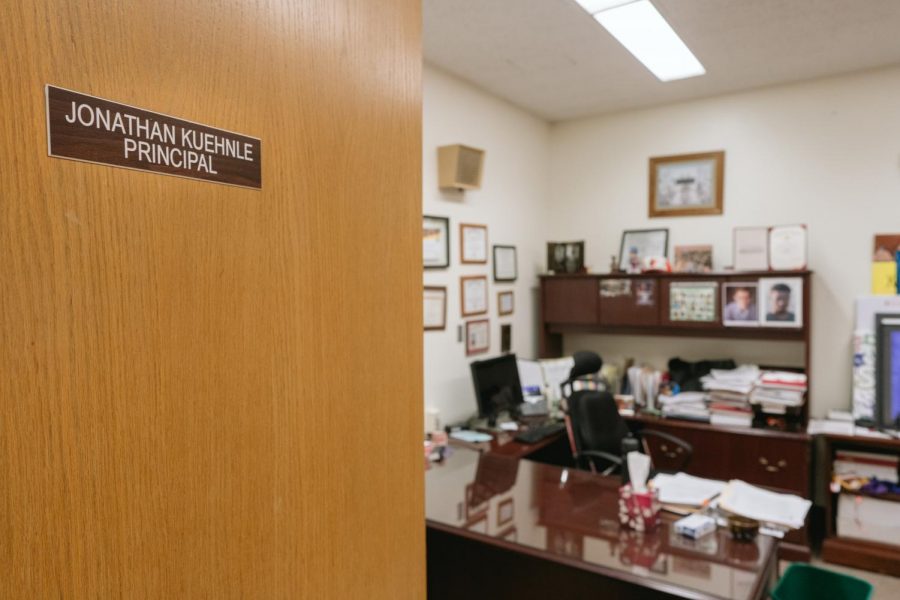
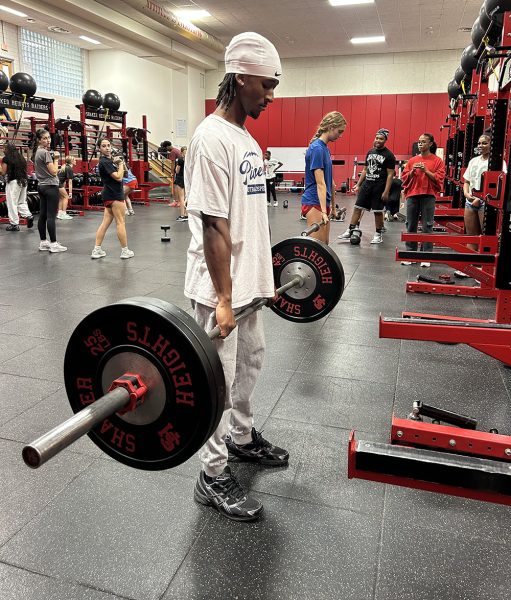
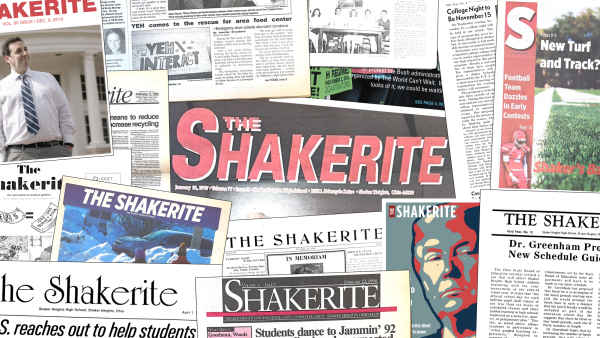
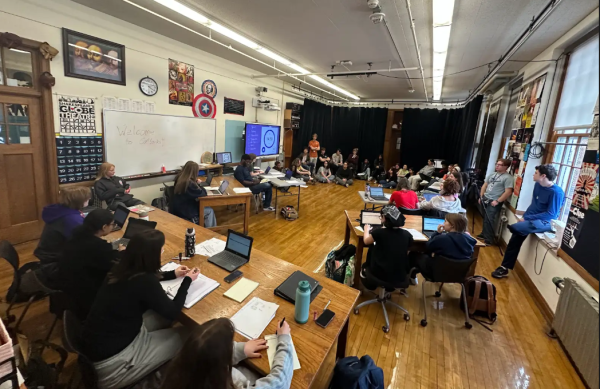
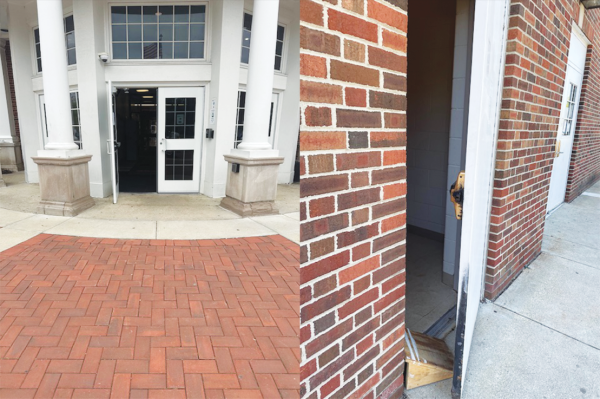
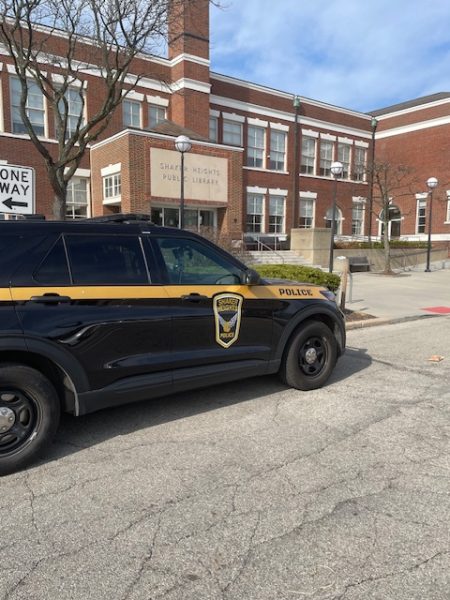
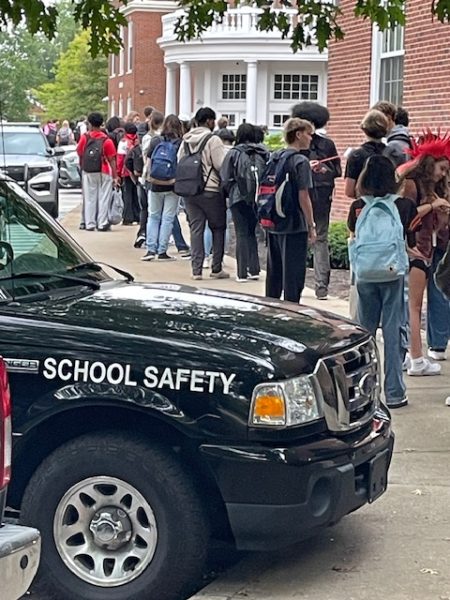
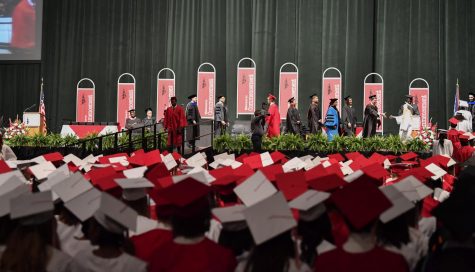
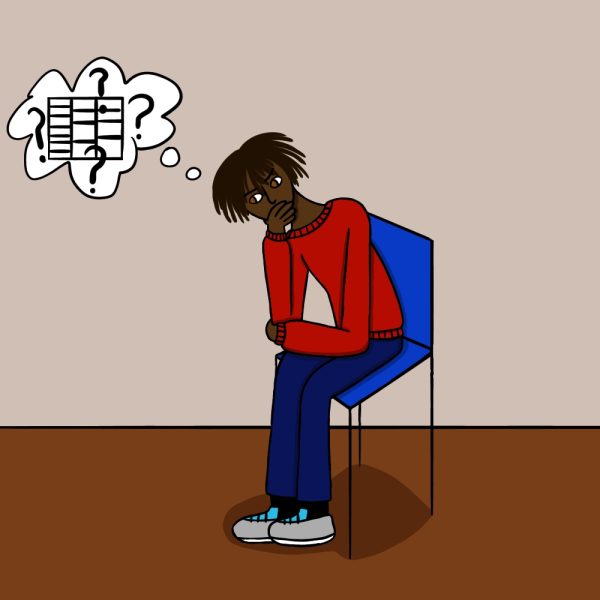
Eli Celeste Cohen | Mar 26, 2019 at 12:31 pm
Love this article, waiting for this peice. Keep doing your thing Shakerite!!